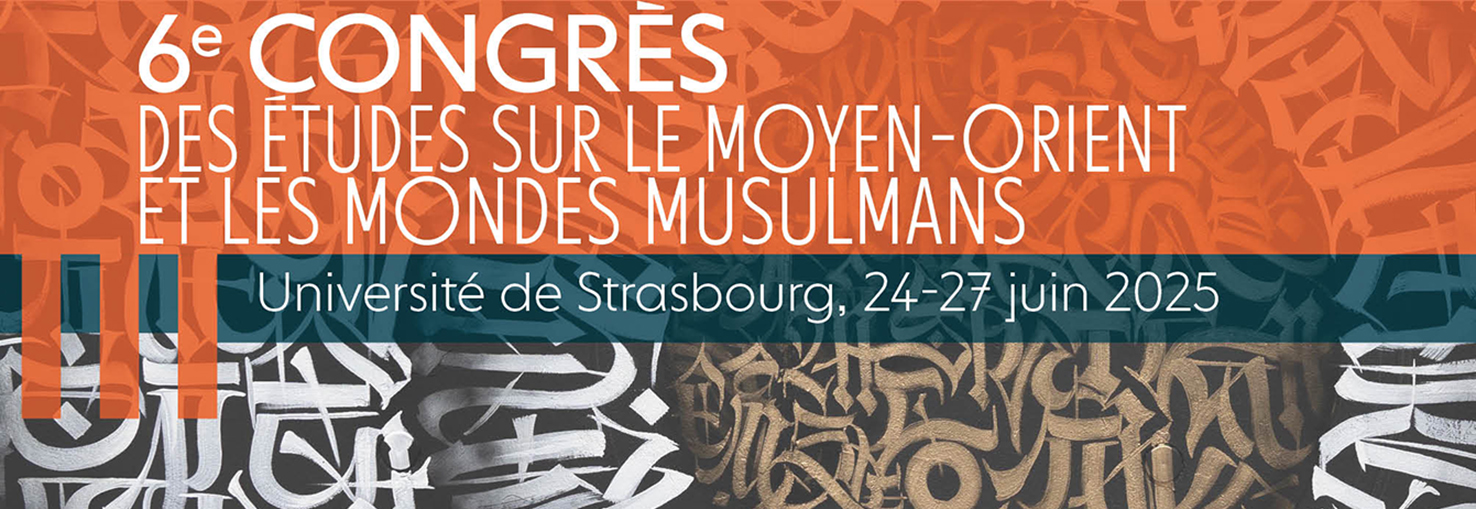Atelier annulé
RESPONSABLES ET DISCUTANTS :
Hiyem Cheurfa (Larbi Tebessi Univesity, Algeria)
Ghazouane Arslane (Larbi Tebessi Univesity, Algeria)
INTERVENANTS DE L'ATELIER 1 :
Ghazouane Arslane (Larbi Tebessi Univesity, Algeria) : Algerian worlds in Arabic: The aesthetics and politics of the margin in the new Algerian novel
Ahmed Benali (Linguistic, Literary, Cultural & Interdisciplinary Studies Research Lab – Abdelmalek Essaâdi University) : The intellectual and the novel: History, memory, and fiction in post-2011 Morocco
Sarra Ghersallah (The University of Birmingham) : Breaking the bars: Women's prison testimonies and transitional justice in post-revolution Tunisia
INTERVENANTS DE L'ATELIER 2 :
Iman Al Kaisy (The Centre for Comparative Literature, University of Toronto) : Narrating defeat: Testimonial voices of Alaa Abd el-Fattah and Samer Frangie in postrevolutionary Arab thought
Madonna Kalousian (King's College, London) : Undead and radioactive: Terminal illness in Arabic literature
Amira Farhani (The University of Buckingham) : Shaping future narratives: The politics of space in Egypt +100



